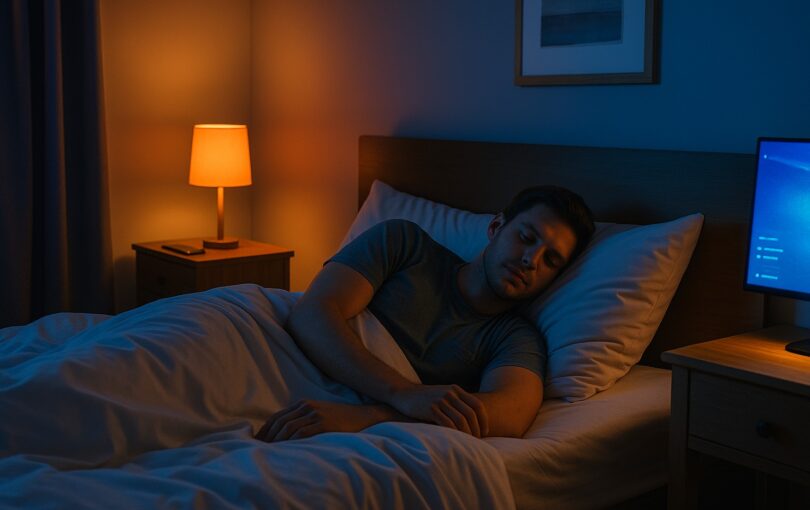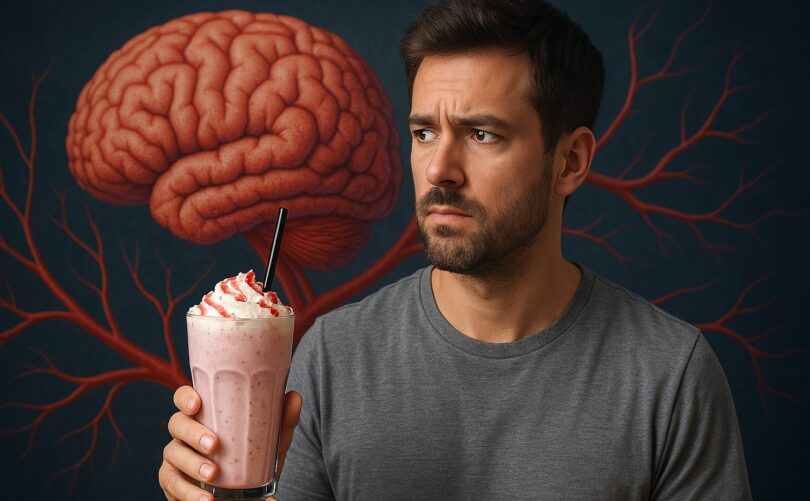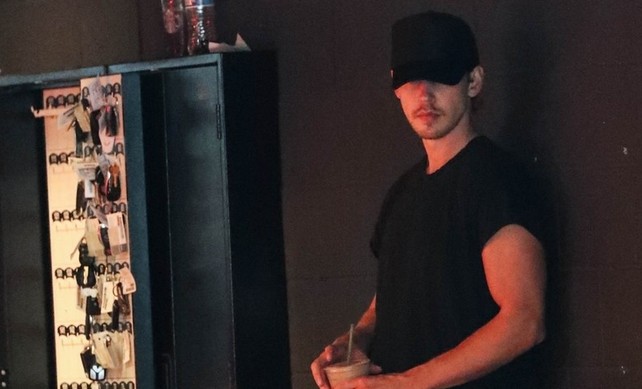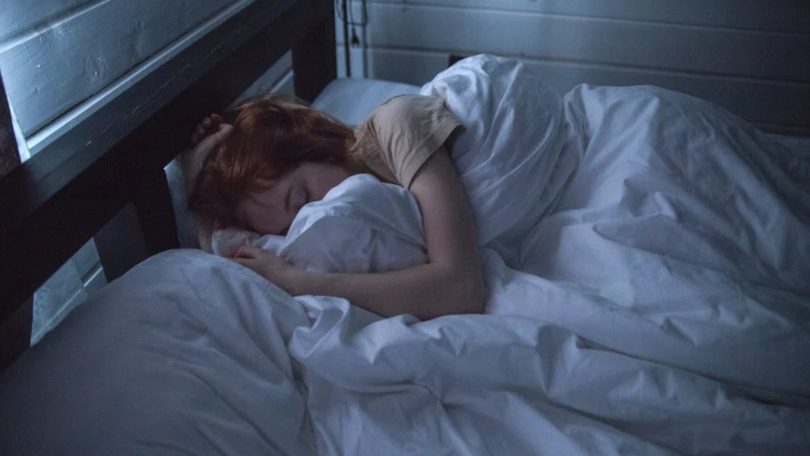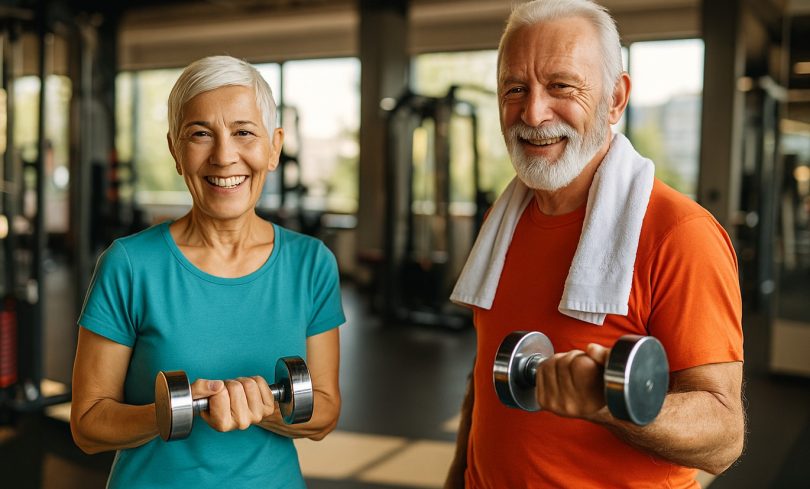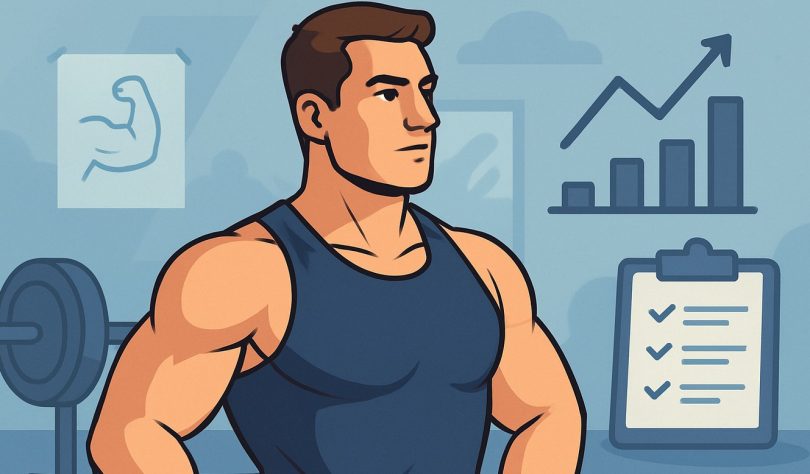From Silicon Valley CEOs to professional athletes, sleep biohacking has become the latest obsession in the quest for performance and longevity. But does manipulating light, supplements, and hormones really work—or are we just complicating nature’s most powerful recovery system?
What Is Sleep Biohacking?
Sleep biohacking is the art of improving sleep quality by optimizing biology, environment, and behavior. It blends modern science with ancient wisdom—using tools like light therapy, supplements, and environmental control to enhance circadian alignment and recovery.
In essence, biohacking your sleep is about working *with* your biology, not against it. You’re not forcing sleep—you’re creating the perfect conditions for your body to do what it’s built to do naturally.
The Light Connection: How Blue Light Shapes Your Night
Light is the master regulator of your circadian rhythm. Morning sunlight suppresses melatonin and boosts alertness, while blue light exposure after dark tells your brain it’s still daytime. The result? Delayed sleep, restless nights, and groggy mornings.
- Get 10 minutes of natural sunlight within an hour of waking.
- Avoid screens or use blue-light filters 60–90 minutes before bed.
- Use warm-toned bulbs or candlelight in the evening to cue your body for rest.
Melatonin Myths: Why More Isn’t Better
Melatonin is a hormone, not a sleeping pill. Overuse can desensitize your natural rhythm and make sleep even harder to regulate. Most experts recommend starting with low doses (0.3–1 mg) if supplementation is necessary at all. Instead of relying on it long-term, focus on optimizing light exposure, meal timing, and pre-sleep habits to restore natural production.
Supplements That Actually Help
- Magnesium glycinate: Supports muscle relaxation and nervous system calm.
- Glycine: Lowers body temperature and promotes deeper sleep.
- L-theanine: Smooths mental stress without sedation.
- Apigenin: Naturally found in chamomile; aids sleep onset by reducing anxiety.
These compounds work synergistically with good habits—they enhance rest but can’t replace a healthy rhythm.
Building a Biohacked Sleep Routine
- Wake up at the same time daily—weekends included.
- Limit caffeine after 2 p.m. and alcohol before bed.
- Set your thermostat between 18–20°C for optimal sleep temperature.
- Use white noise or guided breathing to transition from stimulation to relaxation.
- Evaluate supplements only if lifestyle changes aren’t enough.
Bottom line: The best sleep hack isn’t a gadget or pill—it’s consistency. Sleep thrives on rhythm, light discipline, and calm.

